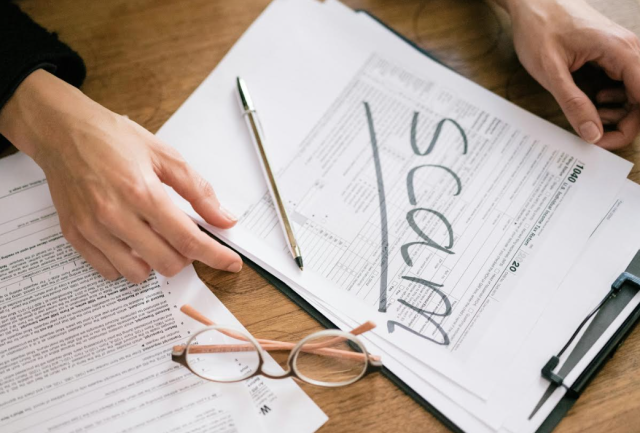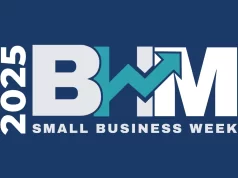Sponsored by JPMorgan Chase
We want to help people protect their money. Be on the lookout when someone:
Pretends to be someone you know
Scammers often pretend to be contacting you from the IRS or Social Security Administration, or from a company you’re familiar with like your bank. They might make up a name that sounds official, or say they’re calling on behalf of a loved one.
Pressures you to act immediately
Scammers want you to act before you have time to think. They may say a family member has an emergency or your computer has a virus. Sometimes they threaten legal action, arrest or to freeze your bank account.
Asks you to pay in a specific manner
Scammers will often insist you pay by sending money through a payment app, wire transfer or by putting money on a gift card and then reading them the number on the back. Some will send you a fake check, ask you to deposit it and then ask you to send them the money.
Actions to help protect yourself from scams
- Don’t let anyone pressure or threaten you into giving them personal information or money. Hang up or don’t respond.
- Even if it’s a business you recognize, don’t give your personal or financial information to anyone who contacts you.
- Instead of clicking links in emails and text messages or calling the numbers provided to you, use a company’s contact info from their official website.
- If you want to be sure you are talking to a legitimate representative of your bank, call the number at the back of your card or visit a branch.
- If anyone says you must act right now, stop and ask yourself, “Is this how a legitimate company would act?” If something seems “off,” it probably is.
- If someone tells you to keep a secret or says something suspicious that makes you uncomfortable, stop and do a gut check with someone you trust.
- To learn more about how you can protect yourself and your loved ones, please visit chase.com/FraudAwareness




